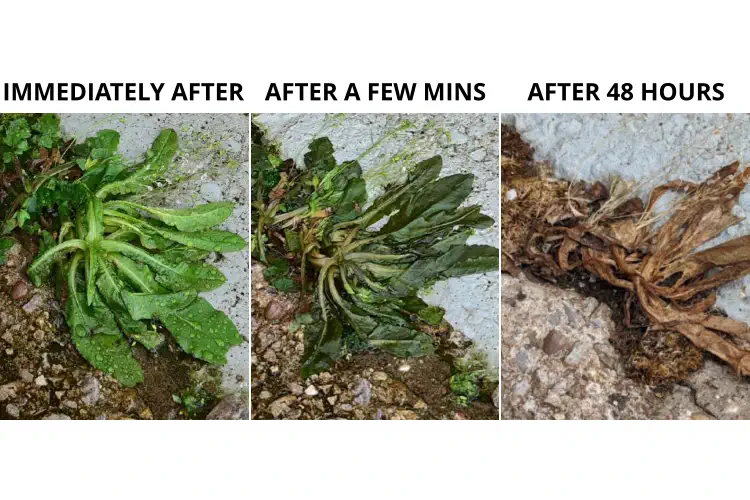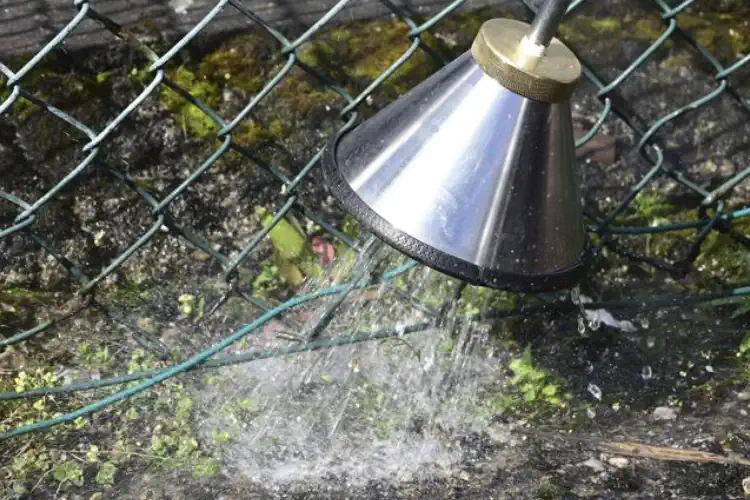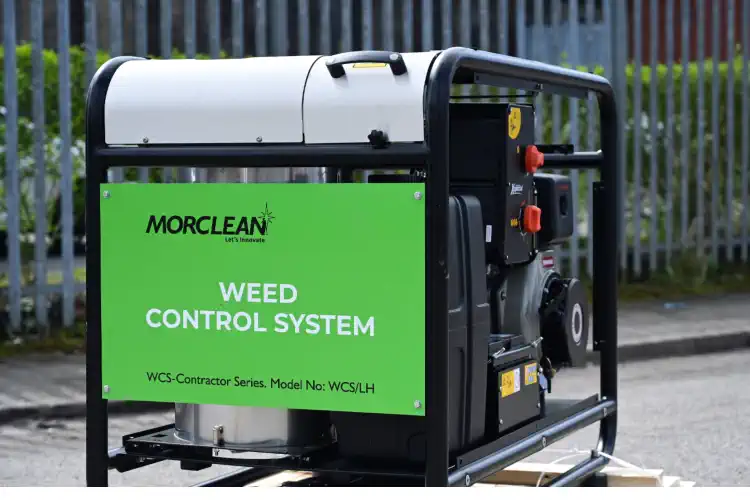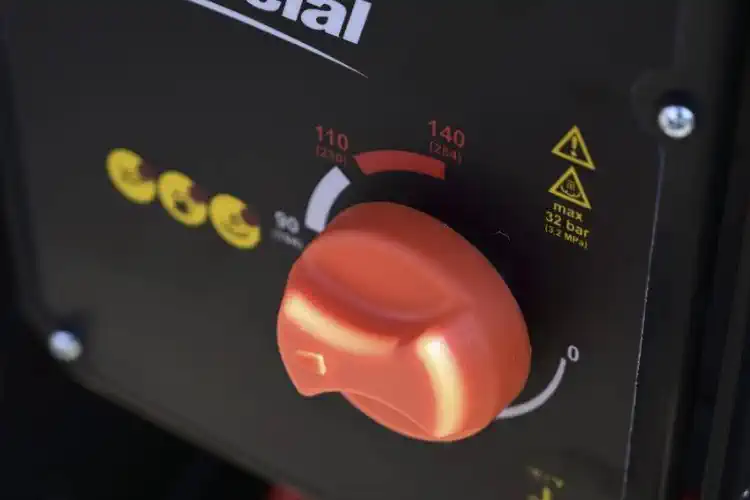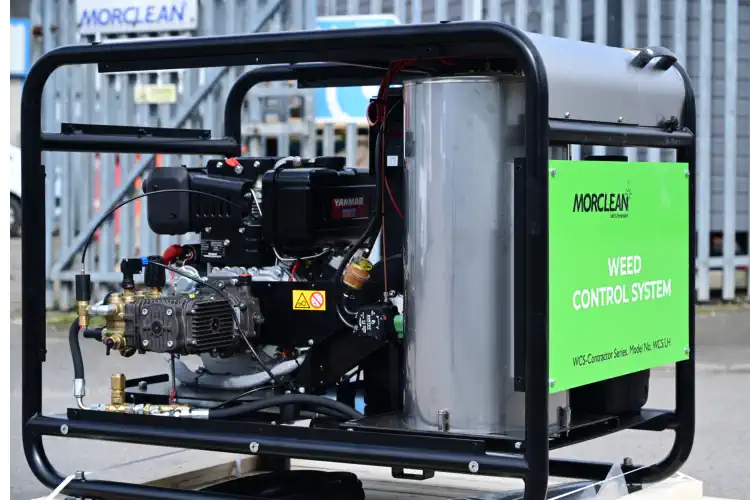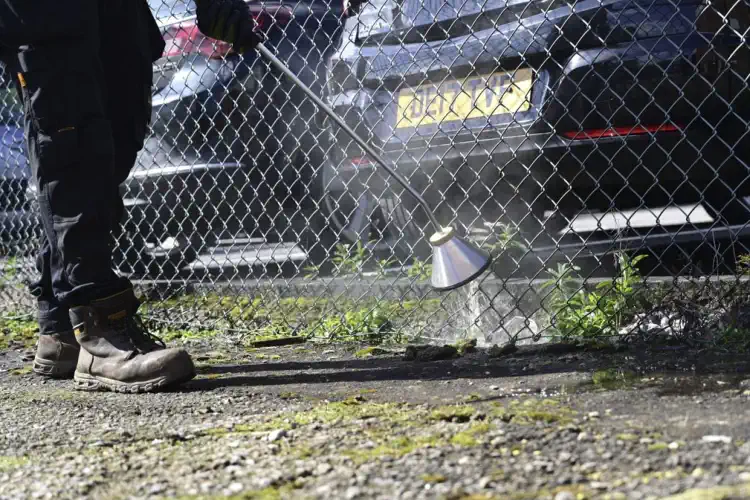What you need to know about Glyphosate
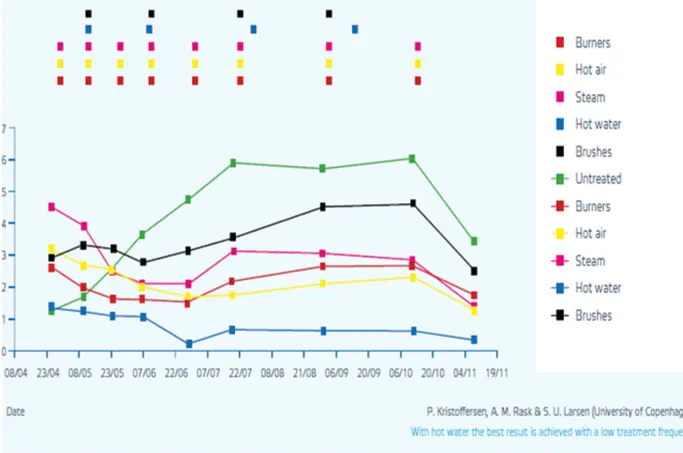
What is Glyphosate?
Common herbicides and weed killers can often contain a chemical called Glyphosate. These widely used weed killers can be used in agriculture, and also the use in maintenance of railway lines, and also on lawns and in gardens.
This ingredient, Glyphosate is not approved for use in the EU after December 2023. However, in the UK, this was extended to 2025. Whatever happens with the authorisation next year, we can take away that many industries are turning away from chemical filled weed killers.
From the NFU website: “Glyphosate is currently authorised for use in the EU until 15 December 2023, following an extension to the renewal assessment process in 2022. In the UK, the current expiry date is December 2025, following a three-year extension as the UK’s post-Brexit pesticides regulatory regime is developed.”
Glyphosate was first registered for use in the USA in1974. It’s very widely used, and has been for decades. It is a non-selective herbicide – meaning it will kill most plants it is applied to. It is so effective as it prevents a plant from creating certain proteins that the plant requires to grow.
However, a there are many problems with using products that contain Glyphosate.
Human Health and Pets
Glyphosate is toxic to humans and animals, and they are at risk if they come in to contact with the herbicide when it has been applied. Children are more sensitive to Glyphosate and it can affect them more than adults.
There are also some studies that suggest that glyphosate is ‘probably carcinogenic’.
Soil
Glyphosate can also hang around in the oil for up to 6 months after use, and even appear in vegetables that are grown in the effected soil.
The Bees
Research has recently proved that Glyphosate seriously damages bee colonies and how the bees keep their colonies at the right temperature. Bees are vital pollinators and the damage this can cause means the colonies can run out of food, and this would have a massive impact on the colonies producing the next generation.
Biodiversity
After this chemical was banned in Brighton and Hove in 2018, more swifts, swallows, hedgehogs and bats were reported to be seen locally. Glyphosate reduces the amount of insects, which affects wildlife populations.
For these reasons, we can see why Glyphosate is under consideration for not being approved for use. It does not sound like something anyone would want in their gardens or local areas, or used near crops.
There is a demand to withdraw Glyphosate from sale to the public. Some retailers have already done so, and there seems to be a trend that others will follow and stop the sale of this harmful chemical.
There are also campaigns to stop Glyphosate from being used in public spaces and towns, which some councils are already acting on and allowing weeds to grow freely. This can be problematic for accessible walk ways and pavements.
However, there is another effective way to treat unsightly and out of control weeds.
Weed Killing with Water: How Does it Work?
A non-toxic alternative is using only hot water to control weeds. This method is much more sustainable without all of the nasty chemicals that can be so damaging in many ways. Not to mention, it is most cost-effective and easy to apply.
Applying hot water to the weeds has an instant effect – the weed will wilt immediately before your eyes.
The heat from the water weakens the protective barrier on the leaves and then damages the cell structure of the weed. Morclean Weed Control Systems can maintain a steady water temperature without the water losing heat – this makes it so effective and keep the plant in the ‘kill zone’. Using hot water at low pressure, and a consistent temperature, has proven to be the best method to kill not only the visible part of the weed, but deep into the root.
The flow of hot water is dispensed via an applicator from the lance which is controlled simply by the operator pulling the trigger.
The weeds can often turn a vibrant green when the water is first applied. Within a few moments the colour will start to drain. After a few hours, the weed will be shrivelled and brown in colour. After application, the weeds are no longer able to retain moisture and dehydrate completely. The water also penetrates the top layer of the soil and be able to get to the root. As the leaves can no longer photosynthesise, the weeds are starved and they continue to dry up and die.
It’s a very effective and safe way of removing unsightly weeds
One application may not be enough to kill hardier weeds with deeper roots. Further applications on anything left behind a few days later will keep the weeds under control.
It is a solution that is safe for humans, animals, insects and the planet.
Weed control with hot water needs absolutely no additional products, and is effective on its own, and this adds to the fact that is it much more cost effective than any other weed killing alternatives.
Hot water does not have any risk of contamination and it very safe to use, even in high risk areas around water courses. This makes it a great way to control weeds in public and shared areas, as is poses no harm to the staff applying it and any people that happen to pass by the area.
Morclean’s Weed Control System
- Kills weeds with 100% hot water
- No costly chemicals required
- Natural product
- Applies a consistent high temperature to penetrate the roots
- Visible results instantly
- No damage to the environment
- No negative impacts on water, environment, humans or animals
- Low cost solution
